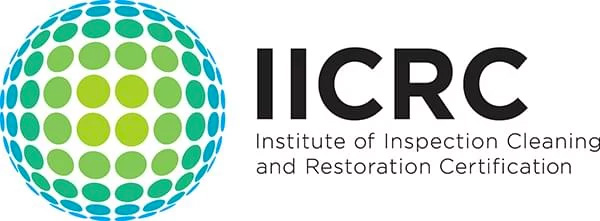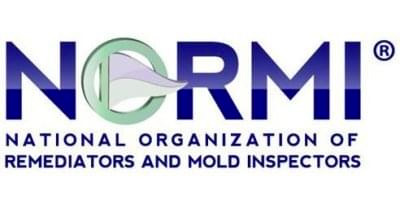Long Term Health Effects Of Mold Exposure
There are a lot of reasons why you should fear the presence of mold in your Central Florida home. Mold remediation can be very costly, time-consuming, and tedious. And to make matters worse, toxic mold exposure to this fungus may lead to the development of a number of health issues.
If that's not bad enough, if you're renting a property, mold can be considered excessive property damage under the landlord-tenant act. Do you suspect that you have mold in your home?
If so, toxic mold exposure could be the cause of some of the health problems you – or other members of your household – have been experiencing.
There are many different ways that your body can react to the presence of mold. To name a few, there are allergenic, pathogenic, and toxigenic reactions that can occur with long-term mold exposure, whether its toxic black mold or another type.
The type of reaction greatly depends on factors like the type of mold like black mold or toxic mold, amount of mold exposure, and the body’s immunity or sensitivity. In this post, you’ll learn everything you need to know about how mold can affect your health and what you can do to protect yourself from mold exposure symptoms.
What Is Mold?
Molds are tiny fungal mold growth that thrives in warm, moist environments. There are many types of mold. But, generally, they are broadly categorized into two groups: indoor mold and outdoor mold.
Not all types of mold are bad. Outdoor molds are important to the eco-system because they play a vital role in breaking down dead organisms like leaves, plants, and trees and doesn't cause any mold symptoms. Other types like black mold or toxic mold can be more dangerous and cause serious health issues.
To reproduce, mold expel’s lightweight spores that scatter into the air. Whether you have mold in your house or not, you still come into contact with mold spores regularly. Unfortunately, these spores can be harmful in large quantities and one can develop symptoms. How exactly can these cause mold exposure symptoms?
The presence of mold growth in small indoor spaces leads to a higher concentration of spores in the air and affect indoor air quality. Without proper ventilation, spore levels may become hazardous and harmful to your health. It doesn't have to be black mold to be a problem. Mold testing may be needed.
The more the mold grows, the higher the concentration of spores can be found in your home’s air. You may be wondering; how does this affect my health? Whether its toxic mold, black mold, or another type, you should know how to deal with the effects of mold exposure.
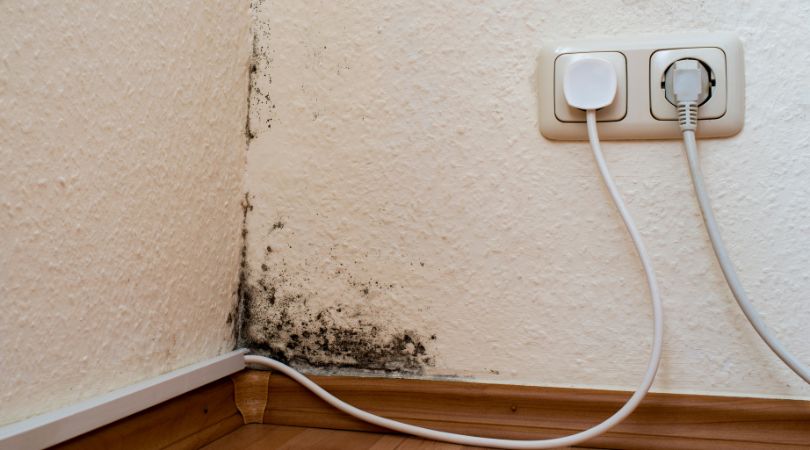
What Are The Health Effects Of Mold?
Here is a brief overview of common toxic mold syndrom to mold, ranging from black mold to other types:
1. Allergenic Reactions
Most types of mold are allergenic and can trigger a mold allergy. That means that the chances of having a mold allergy are high. Sometimes, your body’s immune system can be strong enough to handle mold exposure, so those with compromised immune systems are especially at risk. A mold allergy can range from mild to severe, no matter if it's black mold or a more mild type.
But if you have a sensitive immune system, you could develop mild to severe allergies. Generally, mild reactions to a mold allergy are characterized by:
- Rashes
- Itchy eyes
- Congestion
On the other hand, moderate allergic reactions include:
- Feeling itchy
- Having a hard time breathing, which can often be confused with asthma symptoms and can affect lung function
And if you know that you are very sensitive, you may experience more harmful or severe reactions to even common mold, let alone toxigenic mold or black mold. These reactions to a mold allergy are characterized by:
- Mental confusion
- Dizziness
- Diarrhea
- Vomiting
- Cramps
- Swelling
- Problems swallowing
- Difficulty breathing, resembling severe asthma symptoms
2. Toxigenic Reactions
Toxigenic reactions to all kinds of mold, including black mold, often occur as a result of molds releasing toxins into the air. To date, there are at least 20 known types of mold that are toxic, such as black mold and penicillium.
Prolonged exposure to mold toxins like those in black mold can have dire effects on your overall health. For example, you may start experiencing a number of health complications, such as:
- Nausea
- Fatigue
- Skin Rashes
- Weakened immunity
- Burning fever
- Hormonal disorders
- Mucous membrane irritation
- Acute or, sometimes, chronic liver damage
- Acute or, sometimes, chronic nervous system disorders
- Hypersensitive pneumonitis (an acute/chronic disease of the lungs)
3. Pathogenic Reactions
Unlike allergic reactions, pathogenic reactions to mold exposure come with dire signs and symptoms. Moreover, there are three types of pathogenic reactions:
- Superficial
- Subcutaneous
- Systemic
Superficial reactions include things like skin irritation, athlete’s foot, and nail infections. Subcutaneous reactions are more serious with symptoms characterized by massive infections under the skin and can sometimes be called mold poisoning.
Lastly, systemic pathogenic reactions are the worst and can sometimes lead to fatalities. In this reaction, mold pathogens attack major body organs including the liver, lungs, kidney, and so on. Pathogenic mold reactions need to be treated as seriously as finding black mold.
Who Is Most Susceptible To Mold Exposure?
Different people in Central Florida react to mold in many different ways. It all depends on your body’s sensitivity and immune system. In general, the following groups of people are the most at risk with mold exposure in a moldy environment:
- The elderly
- Asthmatics
- Small kids and infants
- And, anyone with weakened immune systems
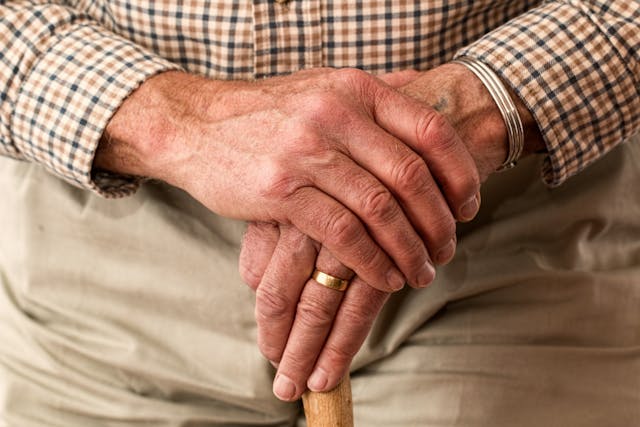
However, depending on your genetics and the state of your health, you may or may not be susceptible to mold’s negative health effects. You should note that mold spores don’t carry any diseases with them, but different types of mold like black mold can severely impact your health, not just cause a runny nose.
They actually compromise your immune system so much that other disease and infections have an easier opportunity to attack your body. The more you get exposed to mold, the more health complications you’ll start to experience. Black mold is common and you should remove mold right away.
How Can You Detect The Presence And Exposure To Mold?
Detecting the presence of mold can be easy if it’s grown is in an open aired place. But sometimes, the mold can be hidden in blind spots or places you don’t check so often.
If you can’t see traces of mold in your Central Florida home, there are other ways of knowing whether you have a mold problem or not. For example, if you – or someone in your household – starts to experience new allergenic reactions, mold may have something to do with it.
Some of these reactions include:
- Congestion/Nasal stuffing
- Runny nose
- Consistent sneezing especially when you’re in your home
- Watery and itchy eyes
- Coughing fits
- Skin irritation
These are some of the most common indicators of mold exposure. Since these reactions can be due to other factors or seasonal allergies, it’s important to seek medical attention quickly if these symptoms persist, just to be sure. If found, remove mold immediately.
Which Factors Provide A Conducive Environment For Mold Growth?
How can your home get mold? Well, here are a few things that can bring about mold formation and growth.
- Poor ventilation - Lack of air flow is one of the biggest contributors to mold formation
- Excessive moisture
- Dust
- Warmth
- Unused old books and clothes or other organic materials in the basement
- Clutter
- Rotting food or organic materials
Mold only needs three things to survive: food from organic materials, water from moisture, and spores. To prevent mold growth, keep an eye on these things and keep yourself safe.
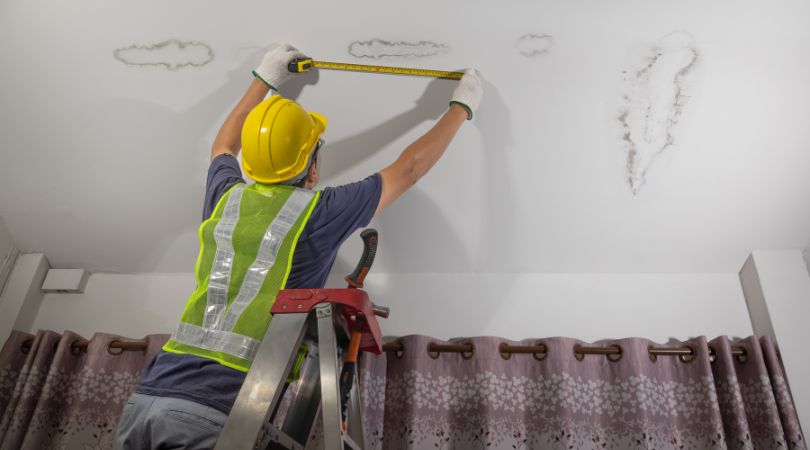
What Can You Do To Prevent, Stop, Or Treat Mold In Your Home?
To keep mold away from your home, there are a number of things you can do to help:
- Use an air conditioner to improve your home’s ventilation and air flow
- Use a dehumidifier to regulate the amount of moisture in your house
- Maintain general cleanliness
- Remove clutter
- Proper disposal of food materials and waste
Now, if you already have mold in your home, you may have to consider hiring a mold remediation service provider for mold removal. They have the skills, tools, and experience you need to rid yourself of your mold.
Bottom Line
To avoid suffering long-term health effects of mold exposure, it’s always wise to act fast. As soon as you start noticing traces of mold or symptoms related to the fungi, act immediately.
Depending on the amount of the spreading that you’re dealing with, you may or may not need to hire a professional. To be on the safe side, it’s always advisable to employ mold remediation experts to help you with your mold problem.
